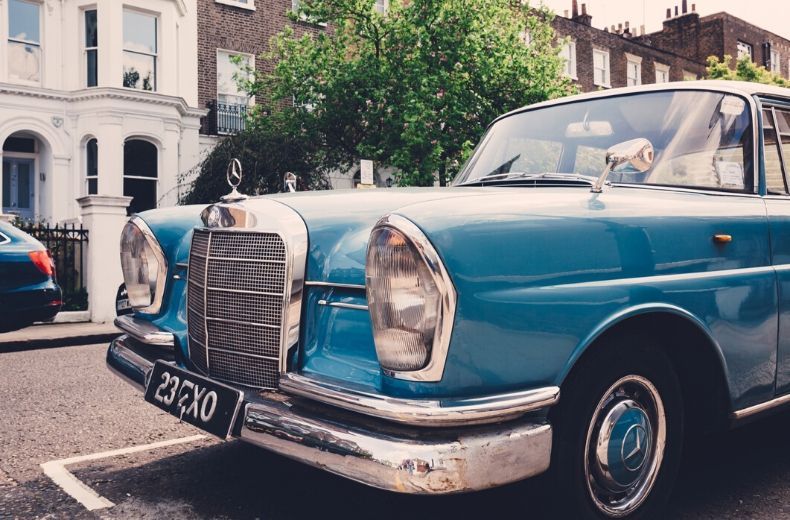Karl McCartney made the claim as he questioned Transport Secretary Grant Shapps’ desire for more drivers to switch to electric cars.
The MP for Lincoln told the Commons Transport Select Committee: “Some of us believe that the best form of transport, car wise, and perhaps most environmentally friendly, is to keep older cars on the road.
“You will admit that even electric cars actually do produce pollution, not only in the raw materials and energy used to manufacture them, but also in the fact the electricity has to be produced somewhere?”
Shapps called on analysis from the Department for Transport to show that manufacturing and running an electric car is “far more environmentally friendly than a petrol or diesel equivalent”.
He added: “I’m sorry internal combustion engine fans, I apologise, but I think its days are overall likely to be numbered.
“I think we have found that there are better ways to propel cars with thousands fewer moving parts required to move the vehicle by comparison to the old internal combustion engine.”

RAC sale – up to 33% off*
• Roadside cover from £5.29 a month†
• We get to most breakdowns in 60 mins or less
• Our patrols fix 4/5 breakdowns on the spot

The Transport Secretary insisted he is “not in any way anti-car”, pointing to Government’s £27 billion investment in road building and improving connections over the next five years.
A £1.7 billion fund announced last month aims to fill 11 million potholes and provide a minimum of six ultra-rapid chargepoints to every motorway service station.
- Electric cars – a definitive guide and tips for buyers
- What is E-10 fuel and how will it affect you?
- 11 ways to reduce your driving emissions
- Climate activists let down tyres of SUVs
He added: “We have to not be the most polluting sector in the economy, and I think we can get there.
“I drive an electric car. They’re absolutely fantastic.
“There’s really no reason why anyone wouldn’t (drive one), other than the practicalities of charging these things and making sure they’re charged with green energy.
Recent studies suggest that electric cars have a lower lifetime climate impact than internal combustion engine cars.
Lifetime emissions of driving a Nissan Leaf EV in 2019 were around three times lower than for the average conventional car, before accounting for the falling carbon footprint of electricity generation.
In the UK, emissions from electricity generation have fallen 38% in the past three years and are expected to fall by more than 70% by the mid-to-late 2020s, well within the lifetime of electric vehicles purchased today.
Shapps has called for the proposed ban on the sale of petrol and diesel cars to be brought forward from 2040 to as early as 2032.
Figures from the Society of Motor Manufacturers and Traders show pure battery-electric cars held just a 1.6% share of the new car market last year.
Is it illegal to drive without shoes?
Get the answer and more useful driving content sent straight to your inbox.






